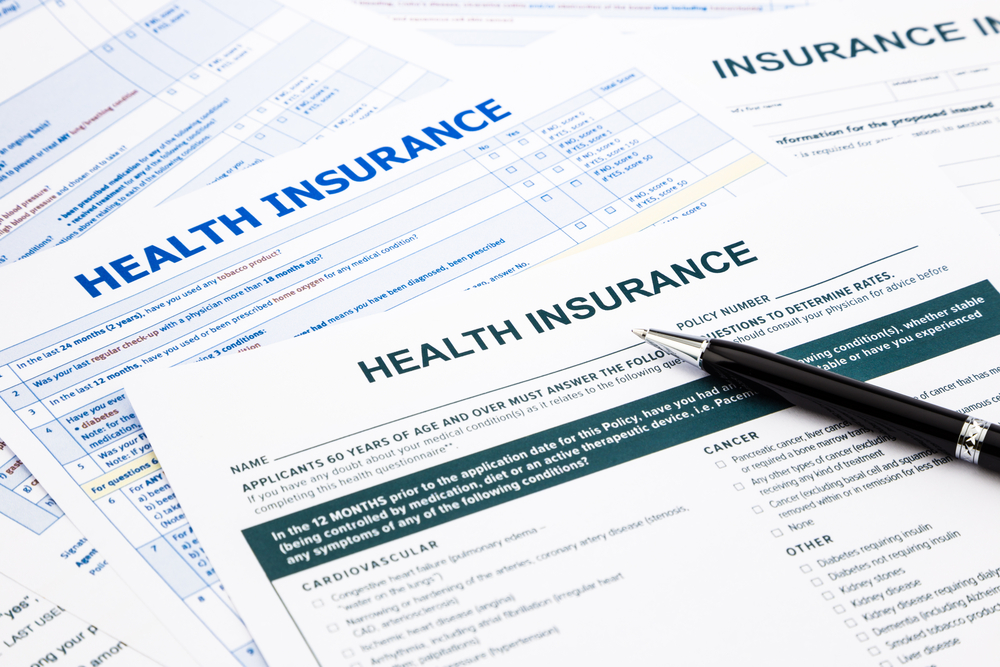
Updating Health Plans for Coronavirus Changes
Employers may be considering changes to their group health plans in response to the ongoing COVID-19 pandemic. In some cases, health insurance issuers for fully insured plans may be initiating some of these changes to help individuals impacted by the pandemic.
These changes may include:
- Waiving certain eligibility requirements for employees who have
been furloughed or laid off or had their hours reduced
- Offering a special mid-year enrollment window for employees who did not elect coverage during the last open enrollment period.
In addition, due to COVID-19 relief legislation, employers with health flexible spending accounts (FSAs) and health reimbursement arrangements (HRAs) can amend these plans to allow for tax-free reimbursement of over-the-counter (OTC) drugs and menstrual care products.
COVID-19 legislation also allows employers with high deductible health plans (HDHPs) to amend their plans to allow coverage of COVID-19 treatment and telehealth and other remote care services, without a deductible.
Action Steps
Some health insurance issuers and group health plans are waiving certain eligibility requirements (for example, active employment or hours of service) to provide coverage to employees who would otherwise lose eligibility because they have been furloughed or laid off or had their hours reduced.
Employers that want to make these eligibility changes should take the following steps:
- To avoid unintended liability, employers with fully insured health plans should obtain their issuer’s written approval before making any changes in plan eligibility requirements. For self-insured health plans, employers should obtain this prior approval from their stop-loss carriers.
- Review the plan’s documents to determine whether the plan’s eligibility rules need to be updated to include these revised eligibility requirements.
- Communicate the changes to employees. To do this, employers can provide a SMM. Contact your broker or your carrier to learn more about the SMM document.
- Know the effective dates of these changes and the end date. Carriers making exceptions to plans have various effective dates and end dates of these changes. Heeding these dates is crucial in all business planning surrounding COVID-19, including response, rebound, or re-opening.
This compliance bulletin is not intended to be exhaustive nor should it be construed as legal advice. Readers should contact their insurance brokers, carriers or legal counsel for more information.
Melissa Marsh, SPHR, SHRM-SCP, is a human resources consultant and founder of HRinDemand, a human resources company in Reno, NV, offering expert guidance and easy-to-use tools to help small businesses with employment regulations, compliance, employee relations, and company growth.
